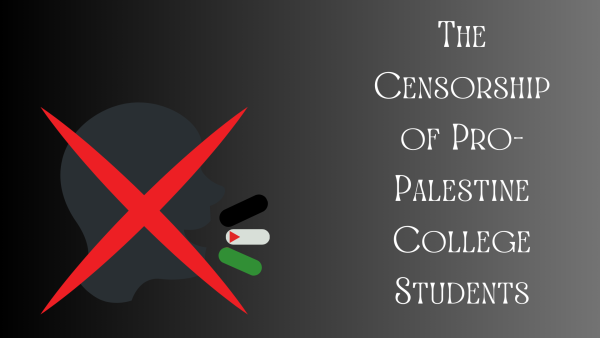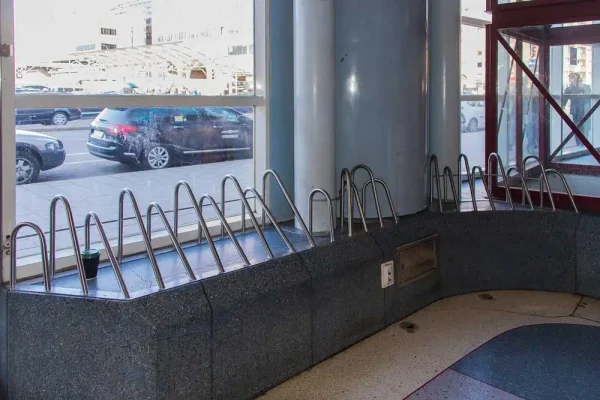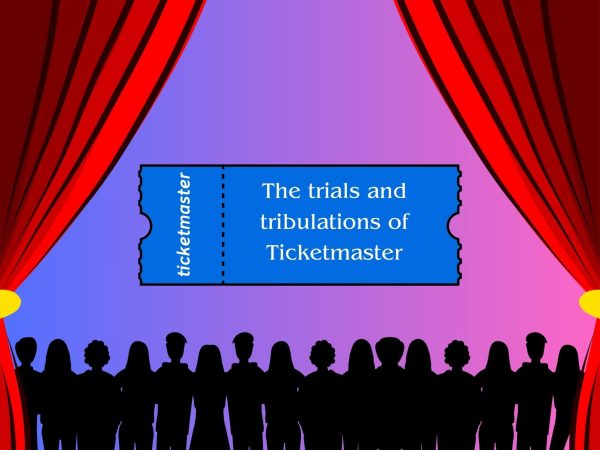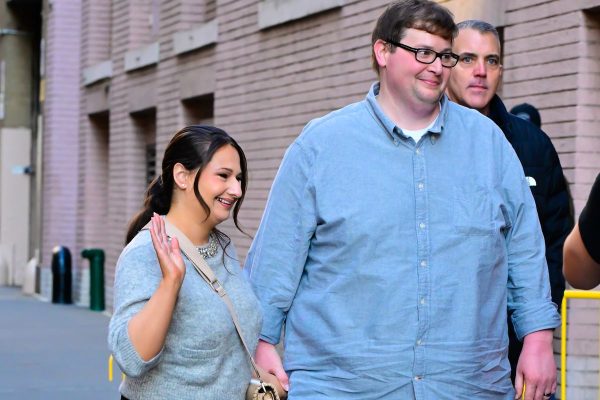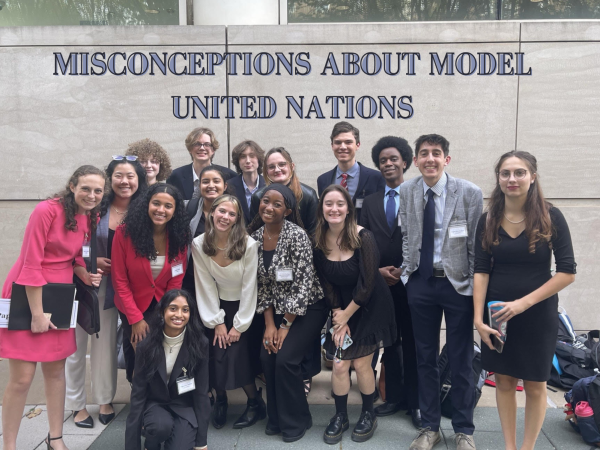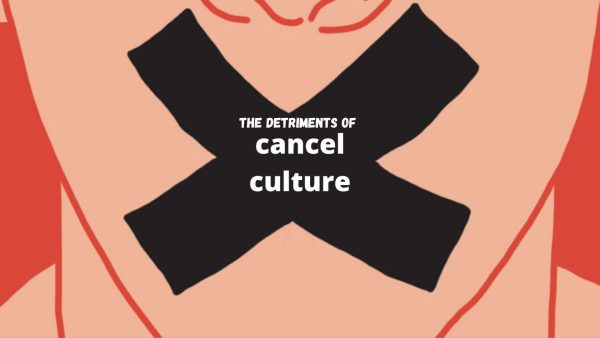Earn pay for your play: the NCAA needs to change
December 13, 2019
In 2018, the National Collegiate Athletic Association (NCAA) collected over a billion dollars in revenue from ticket sales, merchandise purchases, and advertisements, but one group never saw a penny: the players. A recurring topic amongst the sporting community today consists of the non-existent compensation for athletes’ performances. Historically, the NCAA argued that an athletic scholarship provides enough money for these amateur athletes, but as of September 30, 2019, the state of California announced that their college athletes will receive payment.
Multiple firsthand interactions with the organization reveal the NCAA’s personal refusal to allot wages to their so-called “money makers.” Along with the competitive athletes affected, comes anyone simply associated with college sports, such as fans and coaches. The debate around compensating college athletes ultimately draws the focus away from the team performance.
“Providing a reward that athletes can physically touch and see, instead of receiving an athletic scholarship that only the college sees, will help young student-athletes learn how the real world operates,” NC varsity tennis coach Nishmin Porbandarwala said.
Approximately 31 million people attended an NCAA event in 2017, bringing in an important piece of the puzzle in their system: the fans. To successfully persuade fans of NCAA sports to invest their time and money into tickets, jerseys, or booster grants, NCAA affiliates must appeal to the fans’ moral beliefs. In order to effectively create change though, the NCAA must alter their core values.
“While seemingly operating in a purely capitalistic/professional atmosphere, the NCAA continues to endorse an amateurism concept in college athletics. These competing, and often contradictory, values lead some college athletes in big-time football and basketball programs to question the status quo of the present system through their words and actions,” sports analyst Dennis Johnson said.
From a fan’s perspective comes two arguments regarding the non-existent payment of college athletes. The first one advocates for paying athletes, explaining that athletes deserve to make a profit in their own name; the second argument takes a stand against paying them by claiming athletes already receive payment from athletic scholarships. Both of these beliefs coexisting in the same prominent organization of the NCAA, leave officials and lawmakers stumped on taking any further advancements for player rights. If the NCAA refuses to provide funds for college athletes, but agree to more lenient options of outside sources, then there arises a major solution.
“The answer to the riddle of putting money in the hands of amateur student-athletes, who according to the N.C.A.A. cannot be paid, is crowdfunding,” writer Ben Strauss said.
A plausible, yet faulty, opposing view of college athletes receiving payment, lies in academics; players receive a free education due to full or partial athletic scholarships. Contrary to popular belief, players not considered in the top tier of their respective sport, do not receive these scholarships. Also, with the NCAA’s one and done rule (only spending one season in collegiate play) in basketball and minimum two-year commitment in football, athletic scholarships simply do not benefit college athletes as much as payment would. Another faulty accusation pertains to the three major NCAA sports: basketball, football and baseball, will reap the benefits of payments due to their large revenue, and other lower sports like tennis or gymnastics will not.
Fans can ultimately play a dynamic role in contributing to the payment of college student-athletes, despite strict NCAA rules and guidelines. Fans and boosters can deliver money to their favorite athletes post-college by collecting grants on sites such as GoFundMe. Those with an opposing viewpoint may consider possible side effects with suspicion, but with the right goals and motives, successful operations can occur: even if athletes only receive a slight compensation for their efforts, these rewards tower over their current nonexistent payments.
“From a high school athlete’s perspective, I hope I can earn money while playing college basketball because I give my heart and soul to this game. There should be a more intriguing incentive,” NC varsity sophomore basketball player Alex Acosta said.
Every NCAA sport contains its own “niche” in which players find their suitable athletic market, and then alumni, brands, or donors fund their journey. Whether athletes receive multi-million dollar deals or minimal endorsements, they still collect more than their previously non-existent compensations. In the grand scheme of things, one cannot determine if paying college athletes will result positively or negatively unless they see it in action. The recurring issue of college athletes not receiving pay for their play continues to appear across all forums of sports culture. Due to the ongoing confrontation and refusal to agree, a uniform solution seems unlikely. No matter if the year reads 2019 or 2050, our future generational athletes depend on fans to help shape their future.









